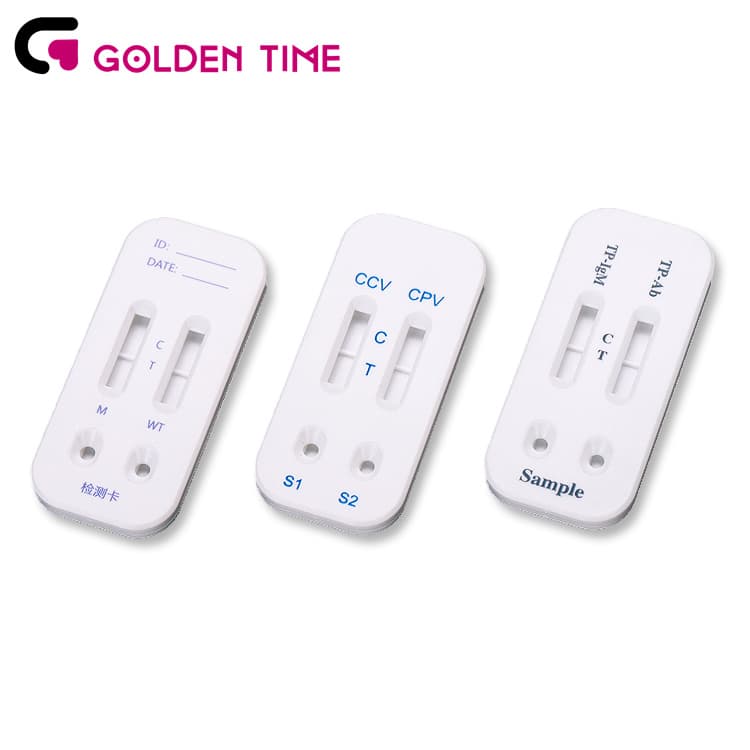Aug . 30, 2024 02:49 Back to list
Affordable Wholesale Fish Blood Test Cost | Accurate Results for Your Business
Understanding the Cost of Wholesale Fish Blood Tests
In the realm of aquaculture and fisheries management, the health of fish stocks is paramount. Just as livestock is monitored for diseases and health conditions, the same practices are now being applied to fish populations. One crucial method used in assessing the health of these aquatic organisms is blood testing. This article will delve into the costs associated with wholesale fish blood tests, exploring their necessity, the factors influencing pricing, and their importance to the industry.
The Importance of Fish Blood Testing
Blood tests are essential tools in aquaculture for diagnosing diseases, assessing stress levels, and understanding the general health of fish populations. They can reveal critical information about disease outbreaks, help in tracking health trends, and contribute to the management of fish stocks. For aquaculture businesses, maintaining the health of fish can mean the difference between a successful harvest and significant financial losses. Therefore, regular blood testing is not just a precaution; it is a strategic investment.
Factors Influencing Cost
1. Type of Tests Required The cost of fish blood tests can vary significantly depending on the specific tests required. For instance, basic hematological tests are generally less expensive than tests that determine specific pathogen infections or biochemical markers.
2. Scale of Testing Wholesale operations often benefit from economies of scale. Larger quantities of samples can lead to reduced costs per test. Businesses may find that grouping their testing needs can result in significant savings.
wholesale fsh blood test cost

3. Laboratory Fees Costs associated with laboratory testing can vary widely based on the geographical location and the reputation of the testing facility. Some labs may charge premium prices for faster turnaround times or specialized diagnostic services.
4. Transport and Handling The effective handling and transportation of blood samples are crucial to maintaining their integrity for accurate results. The costs associated with shipping and handling, particularly for long distances, can add to the overall expense.
5. Regulatory Compliance In certain regions, fish blood testing might be mandated by law, particularly if the fish are being raised for human consumption or are part of a specific habitat conservation effort. Compliance with regulations can add additional costs to testing.
Average Costs
On average, the cost of a wholesale fish blood test can range from $20 to $150 per sample, depending on the factors mentioned above. For large-scale operations, this cost can accumulate quickly, making it essential for businesses to budget accordingly. However, it is important to view the cost of blood tests not merely as an expense but as a necessary investment in the health of the fish and the sustainability of the business.
Conclusion
In conclusion, while the costs associated with wholesale fish blood tests can vary based on numerous factors, the benefits far outweigh the financial considerations. Effective monitoring and management of fish health through blood testing are essential to ensure sustainable practices in aquaculture. By investing in these tests, fish farmers and industry stakeholders can not only promote the welfare of their stocks but can also enhance productivity and economic viability in an increasingly competitive market. As the demand for responsibly farmed fish continues to rise, so too does the need for rigorous health monitoring practices, making fish blood testing a critical component of aquaculture success.
-
Dengue NS1 Rapid Diagnostic Test Kit
NewsMar.07,2025
-
Dengue NS1 Rapid Diagnostic Test Kit
NewsMar.07,2025
-
Dengue NS1 Rapid Diagnostic Test Kit
NewsMar.07,2025
-
Transferrin Rapid Test Cassette Tumor Marker TF Card
NewsMar.07,2025
-
Malaria Pf Pan Rapid Diagnostic Test Kit
NewsMar.07,2025
-
malaria pf / pan ag rapid test
NewsMar.07,2025

